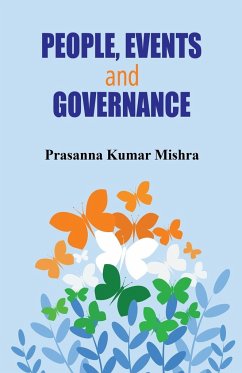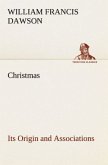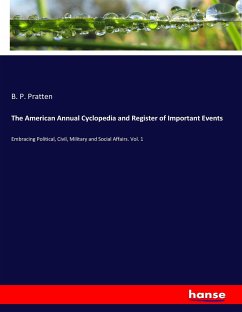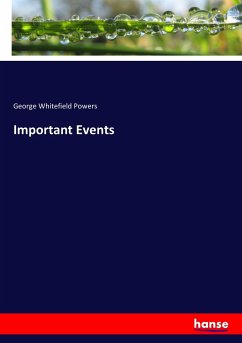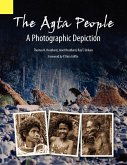These short pieces of writing on people, events and governance, due to my ineptitude, would appear disconnected. That makes an explaining necessary. In a sense, the pieces are windows to my belief system and, as such, indeed are connected to one another. I always believe that it is really a kindly world that has been gifted to us by God to live in and we need to reciprocate the Divine gesture by living a life and doing things that measure us up to His expectations. The litmus test is how kindly we have been in our living, in our journey through life, how kind we have been to people who are under our care and how humane we have been even to those who we do not know but have robbed shoulders with. Justice Felix Frankfurter had served the Supreme Court of the USA from January 30, 1939 to August 28, 1962 and wrote 247 opinions for the Court, wrote 132 concurring opinions and 251 dissents. Widely known for his erudition, he had said "No office in this land is more important than that of being a citizen." I believe in what he said. The small world around me have revealed enough to learn, to react to, to write about, to articulate my views on, to act as a responsible citizen, rise above prejudices, self-interest and timidity and work for a better society and responsible governance. While our Constitution grants freedom of speech, Freebies have conferred on the recipients the freedom of silence. The beneficiaries have obliged and have made liberal use of silence. A polity that is constitutionally mandated to be Democratic is going silent and this facilitates irresponsible governance. We have been noticing that Legislatures have been having shorter sessions and most of the days they meet; there is more noise and cacophony than informed discussion on important issues. Media seems focused on TRP. Our polity seems to be drifting towards a zone of silence. There is noise, no doubt, and plenty of it, but preponderantly on non-issues. Citizens, therefore, need to step in and speak. Citizen's voice should sing different tones-- avoiding sensationalism, not being vitriolic. It should make a symphony of reason, without rancor, without fear or favour. Cacophony never enriched the democratic temper; nor did silence do justice to democracy. Ruler must have to be reminded again and again about its role. "How should a king behave?" Yudhistira had asked Bhisma." Righteousness", Bhisma had answered," is the watch word of a king. Nothing is greater than that in this world. Malice should have no place in the heart of a king. His senses should be perfectly under control. He should use his intelligence and he will then be glorious: swelling in greatness like the ocean fed with the waters of a thousand rivers." "Poison kills but one man: so does a weapon. But wicked counsels destroy an entire kingdom with kings and subjects." While health of democracy gets affected due to increasing deficiencies in institutions established primarily to ensure its health, thousand flowers blooming through citizens' voice, might help. This can happen if a concerned and responsible citizenry is on a mission mode, as Martin Luther King Jr said, "Until justice rolls down like water and righteousness like a mighty stream." I would seek the indulgence of Readers to keep in mind these thoughts of mine. - PRASANNA KUMAR MISHRA

